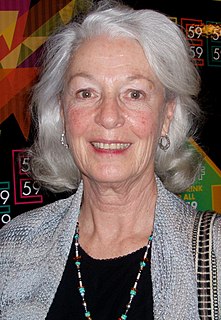A Quote by Thomas Boswell
A narrative voice with conviction is often hard to find. But not in baseball. The minors teach two lost American arts: how to chew tobacco and how to tell a story.
Related Quotes
I'm obsessed with this idea of storytellers and people who have a narrative, and sometimes sustain a relationship because they're telling a narrative and someone is listening to that. Often the nature of the relationship is determined by how well they tell the story, or someone else's ability to suspend disbelief, or infuse into their narrative something which they may not even be aware of.
I've been making a list of the things they don't teach you at school. They don't teach you how to love somebody. They don't teach you how to be famous. They don't teach you how to be rich or how to be poor. They don't teach you how to walk away from someone you don't love any longer. They don't teach you how to know what's going on in someone else's mind. They don't teach you what to say to someone who's dying. They don't teach you anything worth knowing.
If you gauge how you're doing on whether somebody is responding vocally or not, you're up a creek. You can't do that; you kind of have to be inside of your work and play the scene. And tell the story every day. Tell the story. Tell the story. Regardless of how people are responding, I'm going to tell the story.
I tell the story to you now, but in each telling the story itself changes a little, changes direction, and that in turn changes you and me. So be very careful not only in how you repeat it but in how you remember it, goslings. More often than you realize it, the world is shaped by two things -- stories told and the memories they leave behind.
Our behavior is different. How often have you seen a headline like this?--TWO DIE ATTEMPTING RESCUE OF DROWNING CHILD. If a man gets lost in the mountains, hundreds will search and often two or three searchers are killed. But the next time somebody gets lost just as many volunteers turn out. Poor arithmetic, but very human. It runs through all our folklore, all human religions, all our literature--a racial conviction that when one human needs rescue, others should not count the price.
When we teach a child to sing or play the flute, we teach her how to listen. When we teach her to draw, we teach her to see. When we teach a child to dance, we teach him about his body and about space, and when he acts on a stage, he learns about character and motivation. When we teach a child design, we reveal the geometry of the world. When we teach children about the folk and traditional arts and the great masterpieces of the world, we teach them to celebrate their roots and find their own place in history.

































